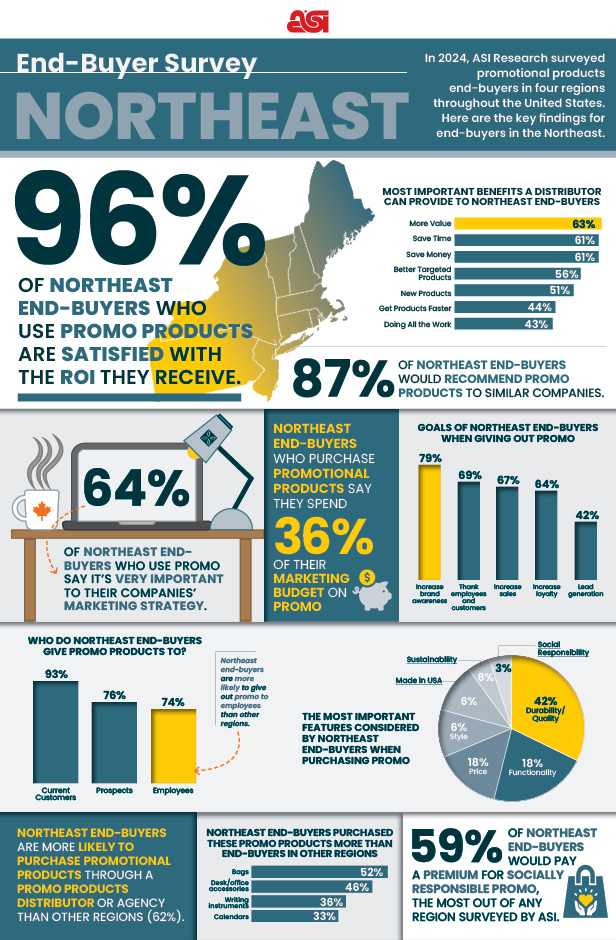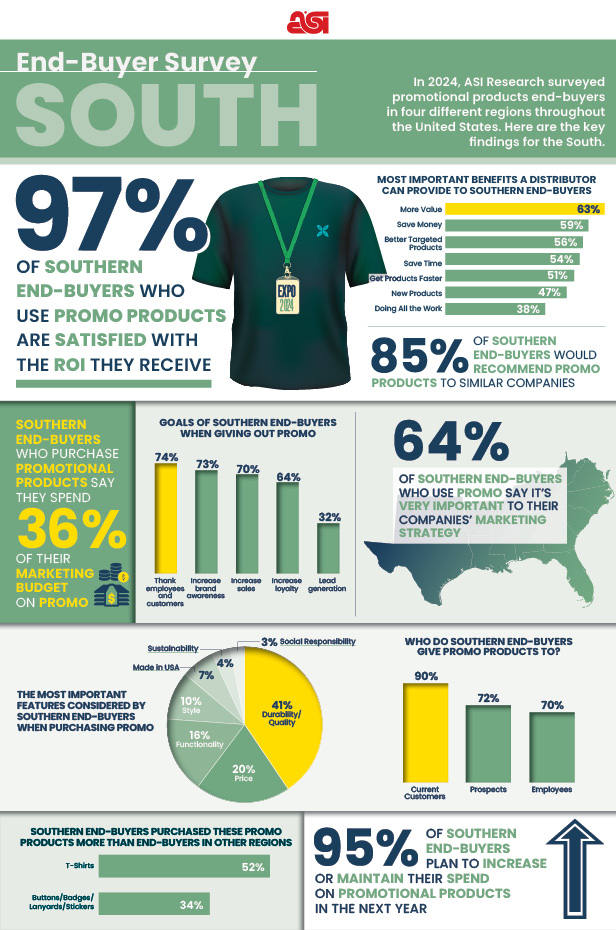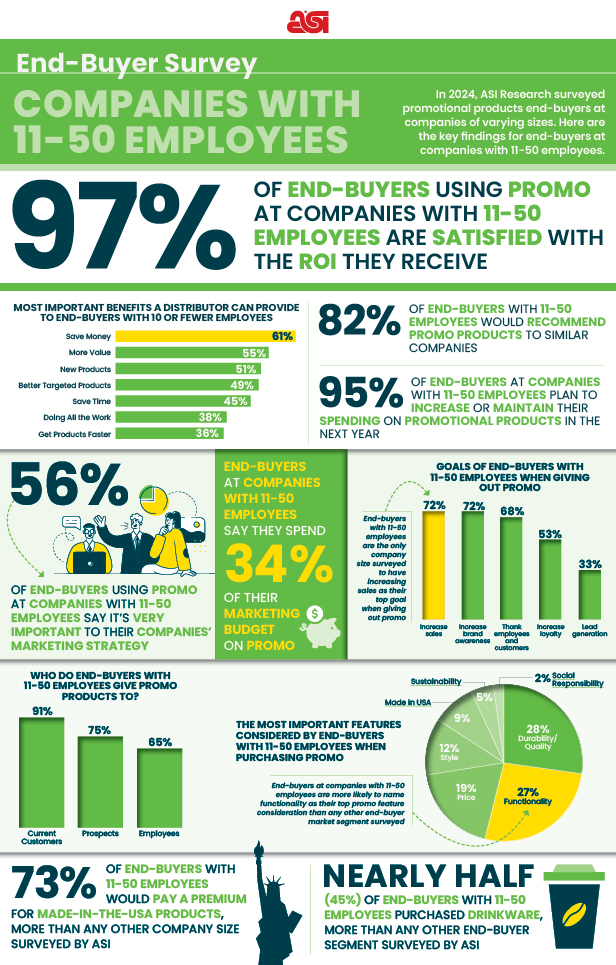Understanding The Role Of An End Buyer In Modern Transactions
When it comes to understanding the dynamics of commerce, the term "end buyer" plays a pivotal role in defining the final step of a transaction. In simple terms, an end buyer is the individual or entity that purchases a product or service for their own use, not for resale or redistribution. This concept is fundamental to businesses as it helps them identify their ultimate target audience. Without a clear understanding of who the end buyer is, companies may struggle to align their marketing strategies with customer expectations. The end buyer is the cornerstone of any successful business model, and their satisfaction is paramount to long-term success.
The role of the end buyer extends beyond just purchasing a product. They influence market trends, dictate demand, and ultimately shape the strategies of manufacturers and suppliers. For businesses, identifying the needs and preferences of the end buyer is crucial for developing products that resonate with their audience. In an increasingly competitive marketplace, understanding the end buyer's perspective can make all the difference in achieving success. This article delves into the nuances of what constitutes an end buyer and why they are essential to the success of any business.
As we explore the concept of what is a end buyer, it's important to recognize the evolving nature of consumer behavior. The digital age has transformed how consumers interact with brands, making it even more critical for businesses to understand their end buyers' needs. From personalized marketing campaigns to tailored product offerings, companies are leveraging data-driven insights to better serve their end buyers. This article will provide a comprehensive overview of the end buyer's role, offering actionable insights for businesses looking to enhance their customer engagement strategies.
Read also:Tong Liya And Jerry Yan Relationship A Deep Dive Into Their Onscreen Chemistry And Offscreen Dynamics
Who Exactly is an End Buyer?
Defining the role of an end buyer requires a deeper understanding of the purchasing process. An end buyer is typically the final consumer in the supply chain, purchasing goods or services for personal use rather than for resale. This distinction is vital because it affects how businesses approach their marketing and sales strategies. For instance, a business-to-consumer (B2C) company focuses directly on end buyers, while a business-to-business (B2B) entity may have intermediaries involved before reaching the end buyer.
One of the key characteristics of an end buyer is their ability to influence the market through their purchasing decisions. They often drive trends and set benchmarks for product quality and innovation. Companies that prioritize understanding their end buyers' needs can create more effective marketing strategies, leading to increased customer satisfaction and loyalty. This section will explore the various factors that define an end buyer and their impact on the market.
What is a End Buyer in the Context of Supply Chain?
In the supply chain, the end buyer represents the final link in a complex network of producers, suppliers, and distributors. Their role is crucial as they determine the success or failure of a product based on their satisfaction levels. For manufacturers, understanding the end buyer's expectations is essential for optimizing production processes and ensuring product quality. By aligning their operations with the needs of the end buyer, companies can achieve greater efficiency and profitability.
Supply chain management focuses heavily on ensuring that products reach the end buyer in the most efficient manner possible. This involves streamlining logistics, reducing costs, and enhancing customer service. Companies that excel in this area often have a competitive advantage in the marketplace. As we delve into the intricacies of the supply chain, it becomes clear how integral the end buyer is to the overall process.
Why Should Businesses Focus on What is a End Buyer?
For businesses, understanding what is a end buyer can lead to more effective strategies and better outcomes. By identifying the specific needs and preferences of their end buyers, companies can tailor their offerings to meet those demands. This personalized approach not only enhances customer satisfaction but also fosters long-term loyalty. Additionally, businesses that prioritize the end buyer in their decision-making processes often experience increased revenue and market share.
Some of the key reasons why businesses should focus on the end buyer include:
Read also:Nc Dmv Online License Renewal A Complete Guide To Simplify Your Process
- Improved customer satisfaction
- Increased brand loyalty
- Enhanced market competitiveness
- More effective marketing strategies
How Can Businesses Identify Their End Buyers?
Identifying the end buyer is a critical step in developing a successful business strategy. Companies can use various methods to gather insights about their target audience, including market research, customer feedback, and data analytics. These tools help businesses understand the demographics, preferences, and behaviors of their end buyers, enabling them to create more targeted marketing campaigns.
Another effective method for identifying end buyers is through direct engagement. By fostering relationships with customers, businesses can gain valuable insights into their needs and expectations. This approach not only improves customer satisfaction but also helps businesses stay ahead of market trends. Understanding what is a end buyer involves more than just analyzing data; it requires a genuine connection with the customer base.
What Challenges Do Businesses Face When Targeting End Buyers?
While understanding what is a end buyer is crucial for business success, there are challenges involved in effectively targeting this audience. One of the primary obstacles is the ever-changing nature of consumer behavior. As technology evolves, so do the preferences and expectations of end buyers. Companies must remain agile and adaptable to keep up with these shifts.
Another challenge is the competition for consumer attention. With so many brands vying for the same audience, standing out in a crowded marketplace can be difficult. Businesses must differentiate themselves through unique value propositions and exceptional customer service. By addressing these challenges head-on, companies can enhance their ability to engage and retain their end buyers.
What Are the Benefits of Understanding What is a End Buyer?
Understanding the concept of what is a end buyer offers numerous benefits for businesses. It allows companies to better align their products and services with customer needs, resulting in higher satisfaction levels and increased sales. Additionally, businesses that prioritize the end buyer in their strategies often experience improved brand loyalty and reputation. This section will explore the various advantages of focusing on the end buyer and how it can drive business success.
How Does the End Buyer Influence Market Trends?
The end buyer plays a significant role in shaping market trends by influencing product demand and innovation. Their purchasing decisions send signals to manufacturers and suppliers about what is popular and what needs improvement. Companies that pay attention to these signals can adapt their strategies to meet evolving consumer preferences. This proactive approach helps businesses stay relevant and competitive in the marketplace.
What Strategies Can Businesses Use to Engage Their End Buyers?
Engaging end buyers requires a multifaceted approach that combines personalized marketing, exceptional customer service, and innovative product offerings. Businesses can leverage digital platforms to connect with their audience, providing valuable content and interactive experiences. Additionally, companies can use feedback mechanisms to gather insights directly from their end buyers, ensuring their strategies remain aligned with customer expectations.
What is a End Buyer's Role in Product Development?
In the realm of product development, the end buyer serves as both a guide and a critic. Their feedback and preferences influence the design and functionality of new products, ensuring they meet market demands. Companies that involve their end buyers in the development process often produce more successful and well-received products. This collaborative approach fosters trust and loyalty, strengthening the relationship between the business and its customers.
Conclusion: Why Understanding What is a End Buyer Matters
In conclusion, understanding what is a end buyer is essential for businesses seeking to thrive in today's competitive marketplace. By focusing on the needs and preferences of their end buyers, companies can create more effective strategies that drive success. From enhancing customer satisfaction to improving market competitiveness, the benefits of prioritizing the end buyer are numerous. As the business landscape continues to evolve, those who embrace this approach will be best positioned to achieve long-term success.
Table of Contents
- Who Exactly is an End Buyer?
- What is a End Buyer in the Context of Supply Chain?
- Why Should Businesses Focus on What is a End Buyer?
- How Can Businesses Identify Their End Buyers?
- What Challenges Do Businesses Face When Targeting End Buyers?
- What Are the Benefits of Understanding What is a End Buyer?
- How Does the End Buyer Influence Market Trends?
- What Strategies Can Businesses Use to Engage Their End Buyers?
- What is a End Buyer's Role in Product Development?
- Conclusion: Why Understanding What is a End Buyer Matters


